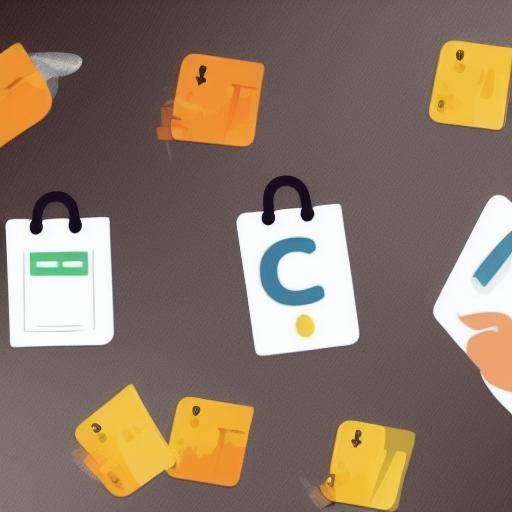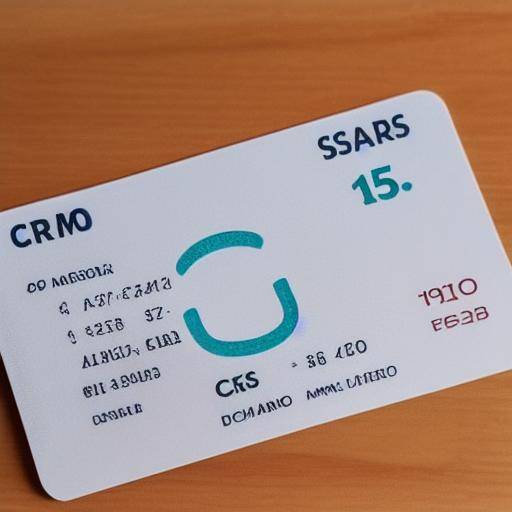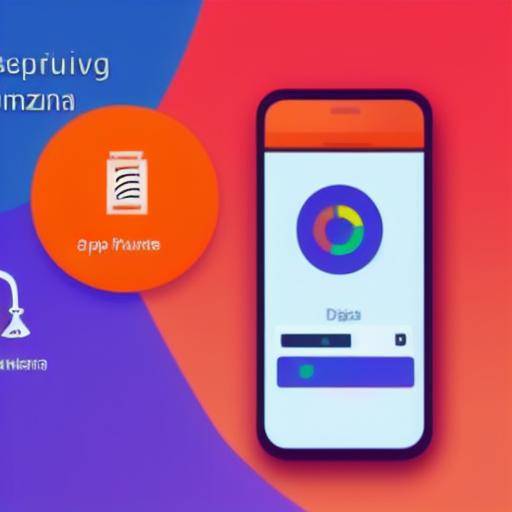
Our spending habits can have a significant impact on our personal finances. Often, without realizing, we incurred unnecessary expenses that could have been avoided. Identifying and eliminating these costs can make the difference between a tight financial situation and a more slack. In this article, we will explore practical advice to identify and eliminate unnecessary expenses, which will help you improve your financial situation and achieve your savings goals.
Evaluation: Starting with the identification of unnecessary expenses
Before addressing the elimination of unnecessary expenses, it is crucial to carry out a detailed evaluation of your finances. This evaluation will allow you to identify the costs that could be diverted to more priority or saving areas. Here are some steps you can follow to carry out an exhaustive evaluation:
Check your account statements
Take time to carefully review your bank account and credit card statements. It identifies recurring expenses and those that could be considered superfluous or unnecessary. Many times, automatic expenses, such as subscriptions to services you no longer use, are easy to overlook.
Create a detailed budget
Establish a detailed budget that reflects your monthly income and expenses. This will allow you to clearly visualize which areas you are spending more than you need and where you can reduce.
Identify expenditure patterns
Analyze your spending habits to identify any pattern that reveals unnecessary expenses. Often, certain moments of the month or specific situations can trigger superfluous expenses.
Keep track of your daily expenses
Keeping a daily record of your expenses will help you identify patterns and habits that could lead to unnecessary expenses. There are applications and financial tools that can facilitate this tracking.
Saving: Strategies to reduce unnecessary costs
Once you have identified unnecessary expenses, it is important to implement effective strategies to reduce them and, consequently, increase your savings. Here are some suggestions on how you can achieve this:
Establishes financial priorities
Determine your short- and long-term financial priorities. By aligning your expenses with these priorities, you can more clearly identify those expenses that are diverting resources from what is really important.
Negotiating fees and contracts
Do not be afraid to negotiate service fees or even cancel contracts that are no longer useful to you. Many companies are willing to offer discounts or cheaper plans to retain their customers.
Practice conscious consumption
Before making a purchase, take a moment to consider whether you really need the item or service in question. Conscious consumption will help you avoid impulsive purchases and reduce spending on unnecessary items.
Find cheaper alternatives
Research and compare more economical options for services and products you use frequently. In many cases, there are equally effective alternatives at a lower cost.
Control: Maintain Financial Discipline
Keeping control over your expenses is critical to ensuring that the cuts you implement are sustainable in the long term. Here are some guidelines to help you maintain a financial discipline:
Sets clear savings targets
Defining specific savings goals will give you a specific goal that motivates you to reduce unnecessary expenses. You can set short- and long-term goals to maintain the approach.
Create an emergency fund
Having an emergency fund will provide you with financial security and will avoid resorting to unnecessary expenses at unexpected times.
Review and adjust your budget regularly
Program periodic reviews of your budget to evaluate your progress and make the necessary adjustments. This will help you identify any deviation and make appropriate adjustments.
Uses financial management tools
Exist multiple tools and applications that can help you track your finances accurately. These tools can facilitate the management and control of your daily expenses.
Conclusion
In short, identifying and eliminating unnecessary expenses is a fundamental step in improving your financial situation and achieving your savings goals. Through an exhaustive evaluation, the implementation of effective savings strategies and the maintenance of financial discipline, you will be on the right track to achieve greater economic stability and enjoy a stronger financial future. Remember that every small adjustment in your spending habits can make the difference in the long term.
We hope that these tips have been useful to you to identify and eliminate unnecessary expenses. If you have more questions or need additional advice on your finances, do not hesitate to find professional help. Start today and take control of your personal finances!
Frequently asked questions
What is the difference between necessary expenses and unnecessary expenses?
The necessary expenses are those that are essential to your daily life or to achieving your short- and long-term goals, such as food, housing, education or health care. On the other hand, unnecessary expenses are those that do not significantly contribute to your basic needs or financial goals, and that can be reduced or eliminated without affecting your quality of life.
How can I identify unnecessary expenses in my budget?
To identify unnecessary expenses in your budget, it is important to perform a detailed review of your account statements, establish a detailed budget, track a daily expenditure record and observe expenditure patterns. Identifying where you are spending your money and if those expenses are aligned with your financial priorities will help you identify unnecessary expenses.
What is the importance of setting savings targets by identifying unnecessary costs?
Setting savings goals provides a clear approach and motivation to identify and eliminate unnecessary expenses. Saving goals help you visualize the long-term benefits of reducing unnecessary expenses, which can generate greater commitment and discipline to maintain a more efficient level of spending.
How can I avoid falling into the temptation to make unnecessary expenses?
To avoid the temptation to make unnecessary expenses, practice conscious consumption, set clear financial priorities, look for cheaper alternatives and keep a detailed record of your expenses. Consciousness and planning are key to avoiding unnecessary expenses and maintaining strong control over your finances.
Why is it important to review and adjust the budget regularly?
Reviewing and adjusting the budget regularly allows you to keep track of your expenses, identify areas where you can make additional cuts and make sure you are progressing towards your savings goals. Personal circumstances and expenses can change over time, so it is crucial that your budget fits these changes.
What is the benefit of using financial management tools in identifying and eliminating unnecessary expenses?
Financial management tools, such as expenditure and budget tracking applications, can automate much of the process of identifying and eliminating unnecessary costs. These tools facilitate the detailed analysis of your spending habits, providing you with clear and up-to-date information to make informed decisions about managing your finances.
With these suggestions and answers to common questions, we hope we have provided valuable information to help you identify and eliminate unnecessary expenses. Remember that keeping an ongoing control over your expenses is essential to achieving long-term financial stability.






















































